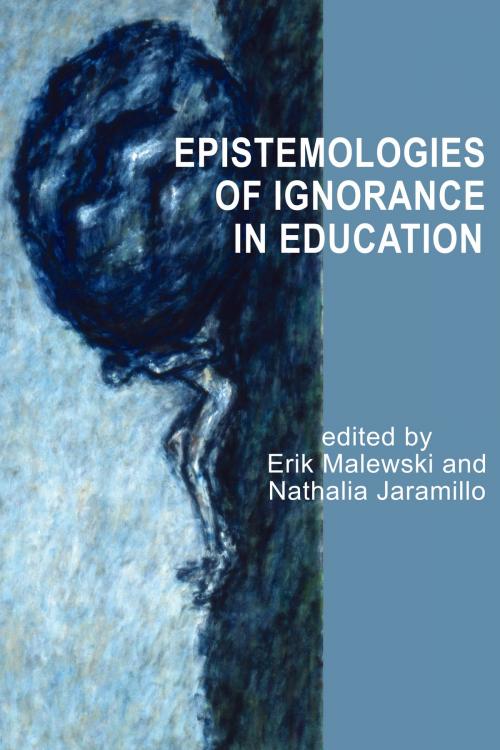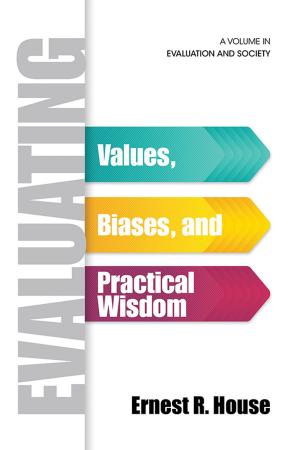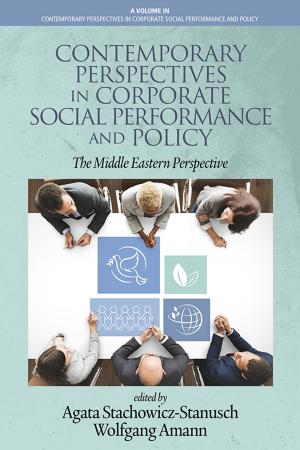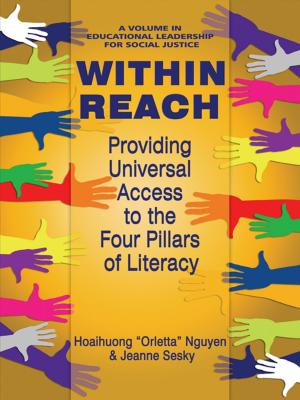Epistemologies of Ignorance in Education
Nonfiction, Reference & Language, Education & Teaching, Teaching, Teaching Methods| Author: | Erik Malewski, Nathalia Jaramillo | ISBN: | 9781617353475 |
| Publisher: | Information Age Publishing | Publication: | March 1, 2011 |
| Imprint: | Information Age Publishing | Language: | English |
| Author: | Erik Malewski, Nathalia Jaramillo |
| ISBN: | 9781617353475 |
| Publisher: | Information Age Publishing |
| Publication: | March 1, 2011 |
| Imprint: | Information Age Publishing |
| Language: | English |
Epistemologies of Ignorance provide educators a distinct epistemological view on questions of marginalization, oppression, relations of power and dominance, difference, philosophy, and even death among our youth. The authors of this edited collection challenge the ambivalence ignorance found in the construction of curriculum, teaching practices, research guidelines, and policy mandates in our schools. Further, ignorance is also considered a necessary by product of knowledge production. In this sense, the authors explore not only issues of complicity but also issues of oppression in spite of educators’ liberatory intentions. While this is the first systematic effort to transfer epistemologies of ignorance to the educational scene, this movement has its roots in race, class, gender, and sexuality studies, particularly the work of Charles Mills, Eve Kosofsky Sedgwick, Shannon Sullivan, and Nancy Tuana. It is our unequivocal belief that, while this is transformative and powerful scholarship, the study of ignorance remains understudied and undertheorized in education scholarship, from curriculum studies and cultural foundations to science education and educational psychology. This collection highlights without apology why this dangerous state of affairs cannot continue.
Epistemologies of Ignorance provide educators a distinct epistemological view on questions of marginalization, oppression, relations of power and dominance, difference, philosophy, and even death among our youth. The authors of this edited collection challenge the ambivalence ignorance found in the construction of curriculum, teaching practices, research guidelines, and policy mandates in our schools. Further, ignorance is also considered a necessary by product of knowledge production. In this sense, the authors explore not only issues of complicity but also issues of oppression in spite of educators’ liberatory intentions. While this is the first systematic effort to transfer epistemologies of ignorance to the educational scene, this movement has its roots in race, class, gender, and sexuality studies, particularly the work of Charles Mills, Eve Kosofsky Sedgwick, Shannon Sullivan, and Nancy Tuana. It is our unequivocal belief that, while this is transformative and powerful scholarship, the study of ignorance remains understudied and undertheorized in education scholarship, from curriculum studies and cultural foundations to science education and educational psychology. This collection highlights without apology why this dangerous state of affairs cannot continue.















